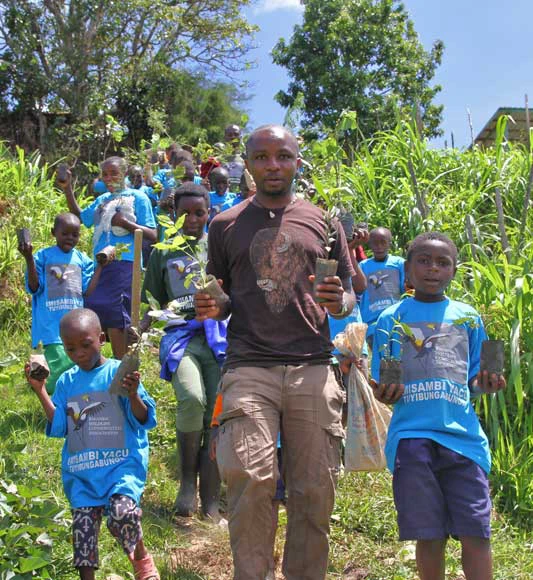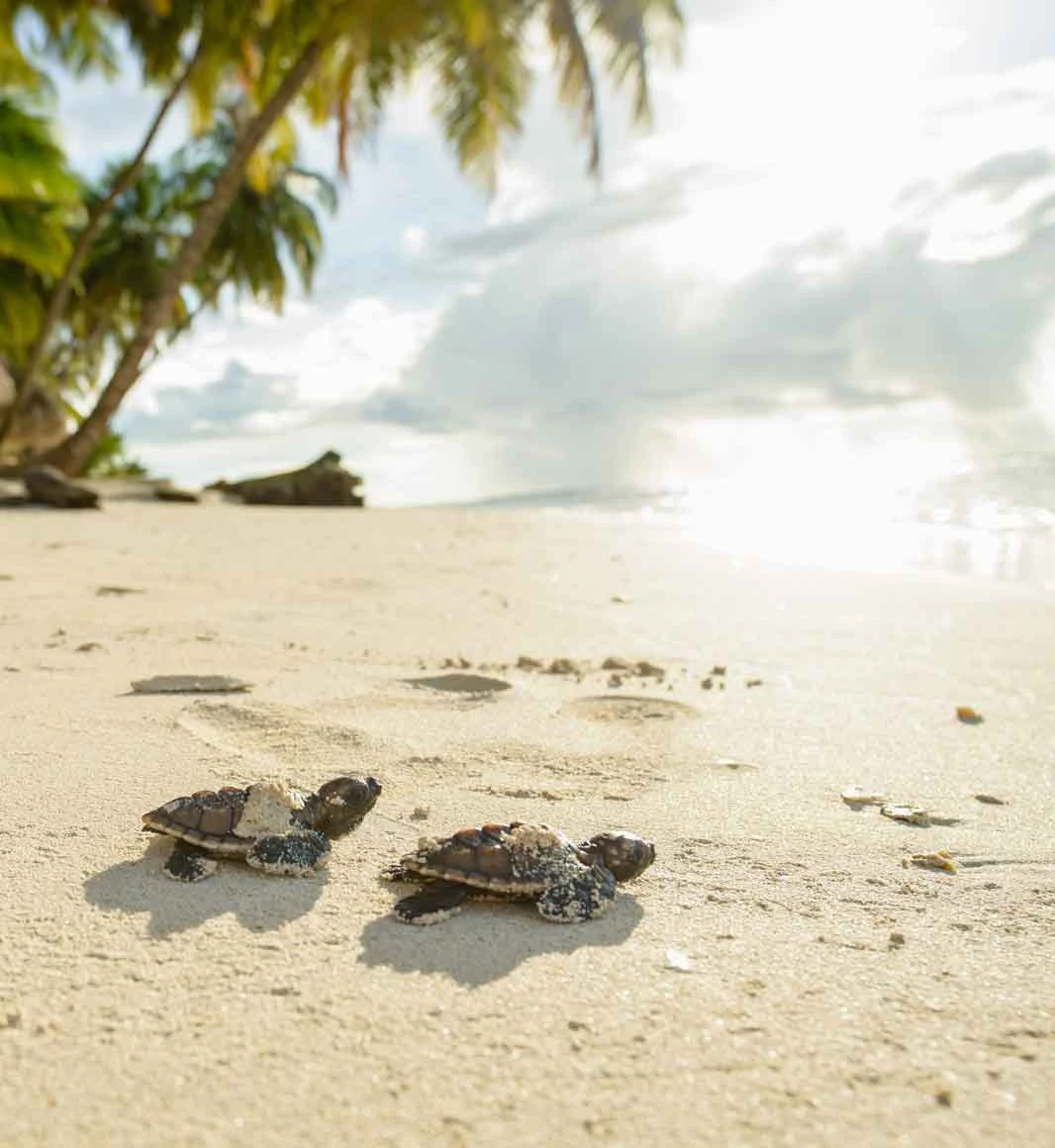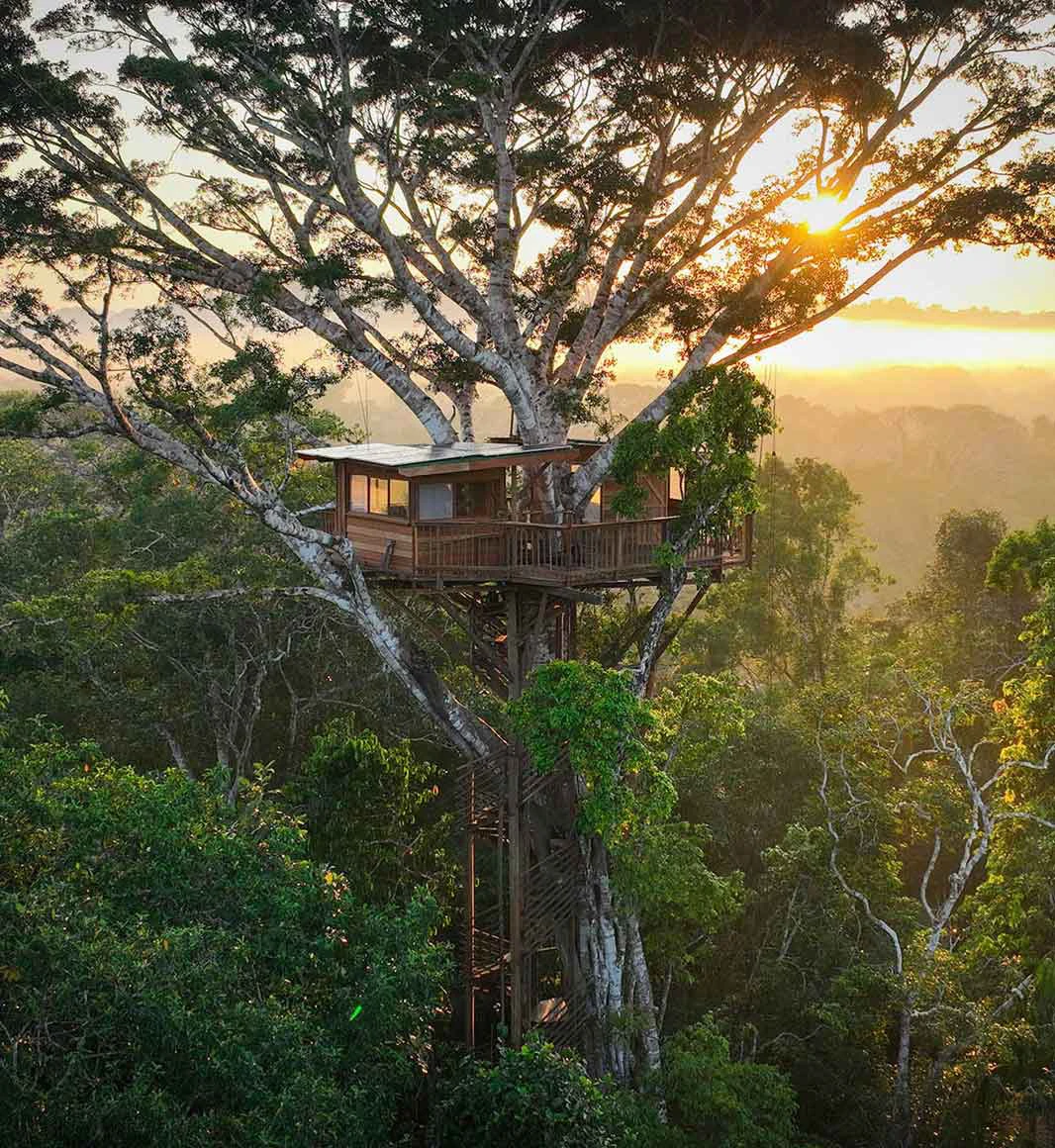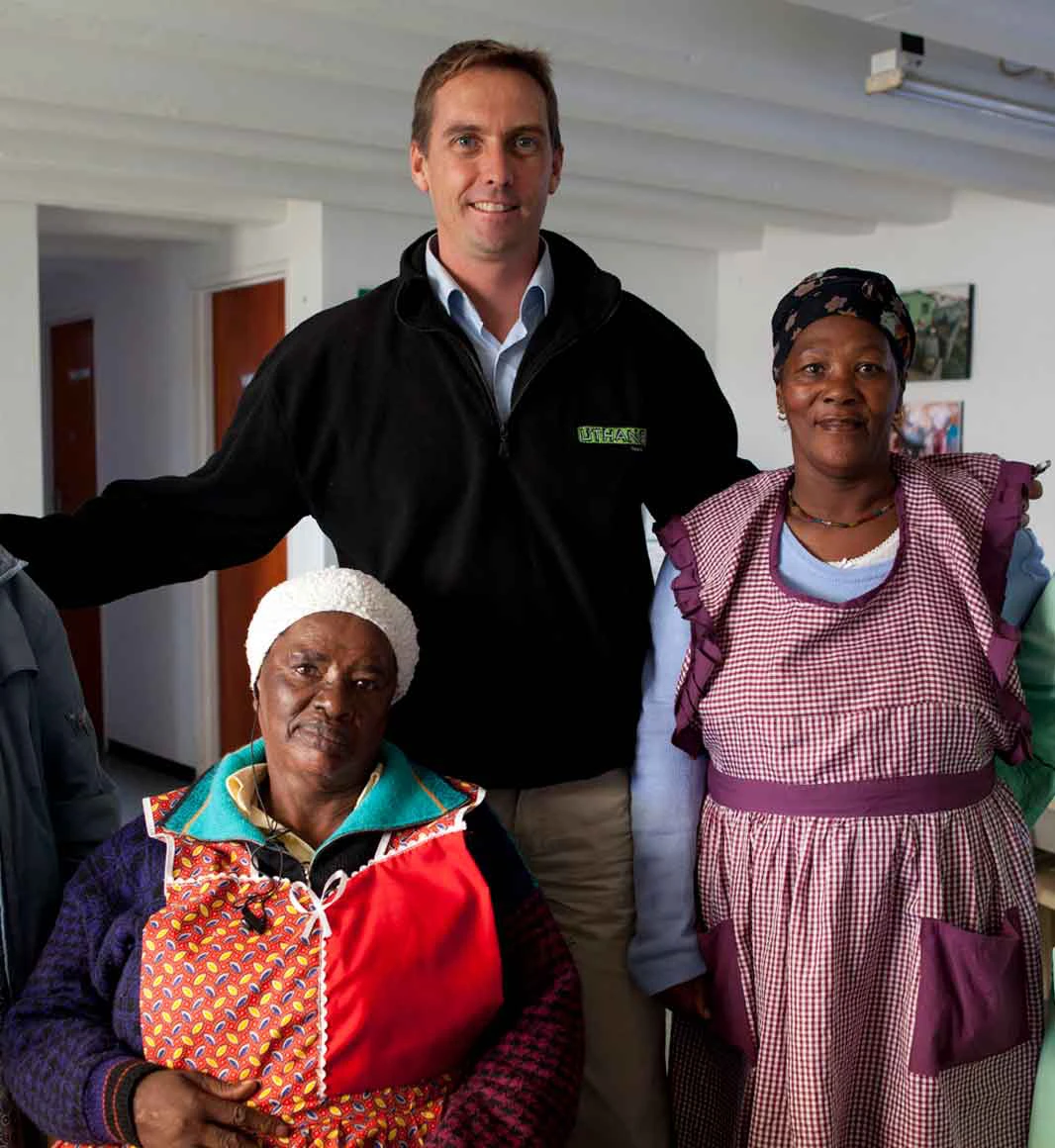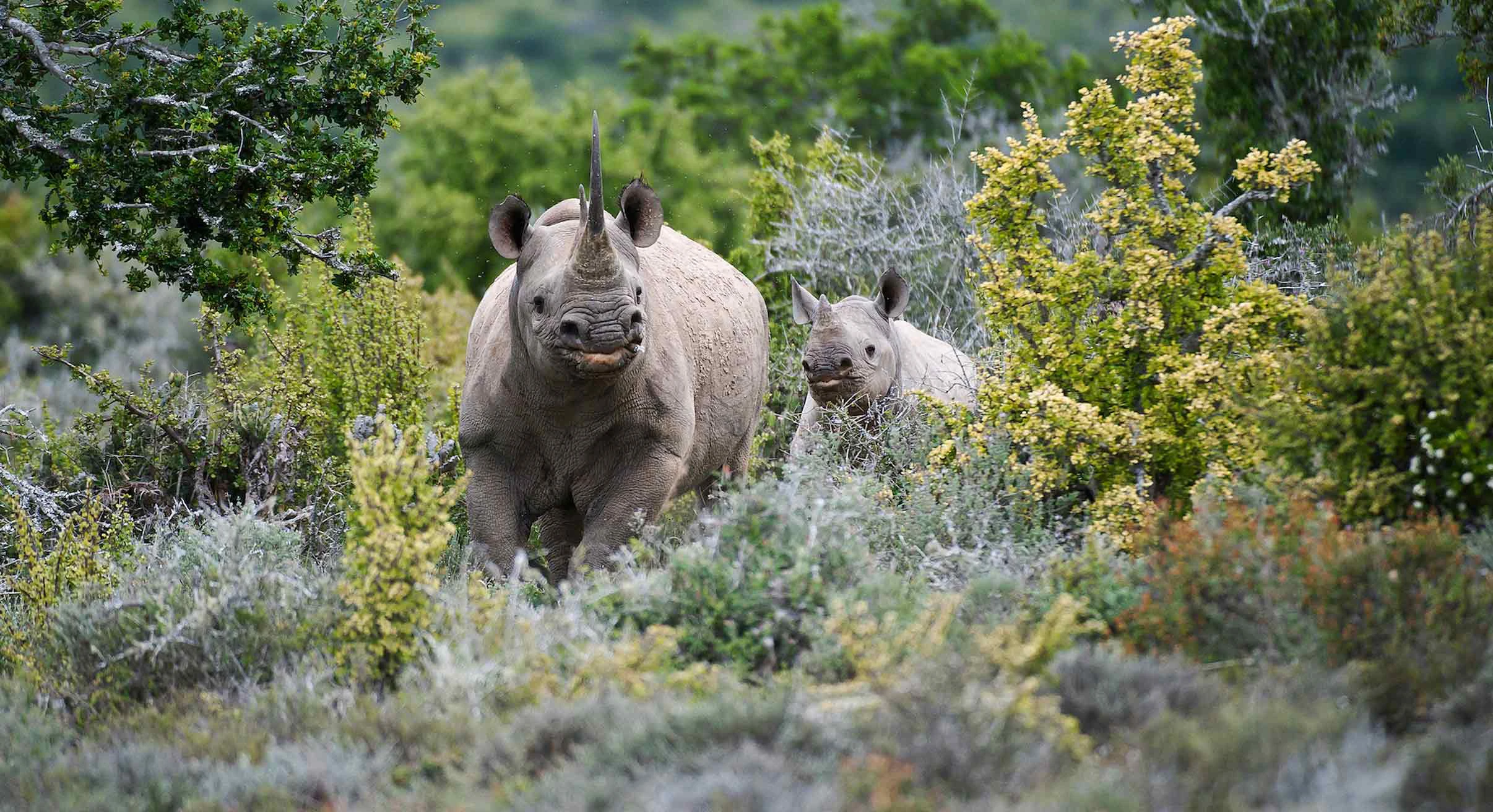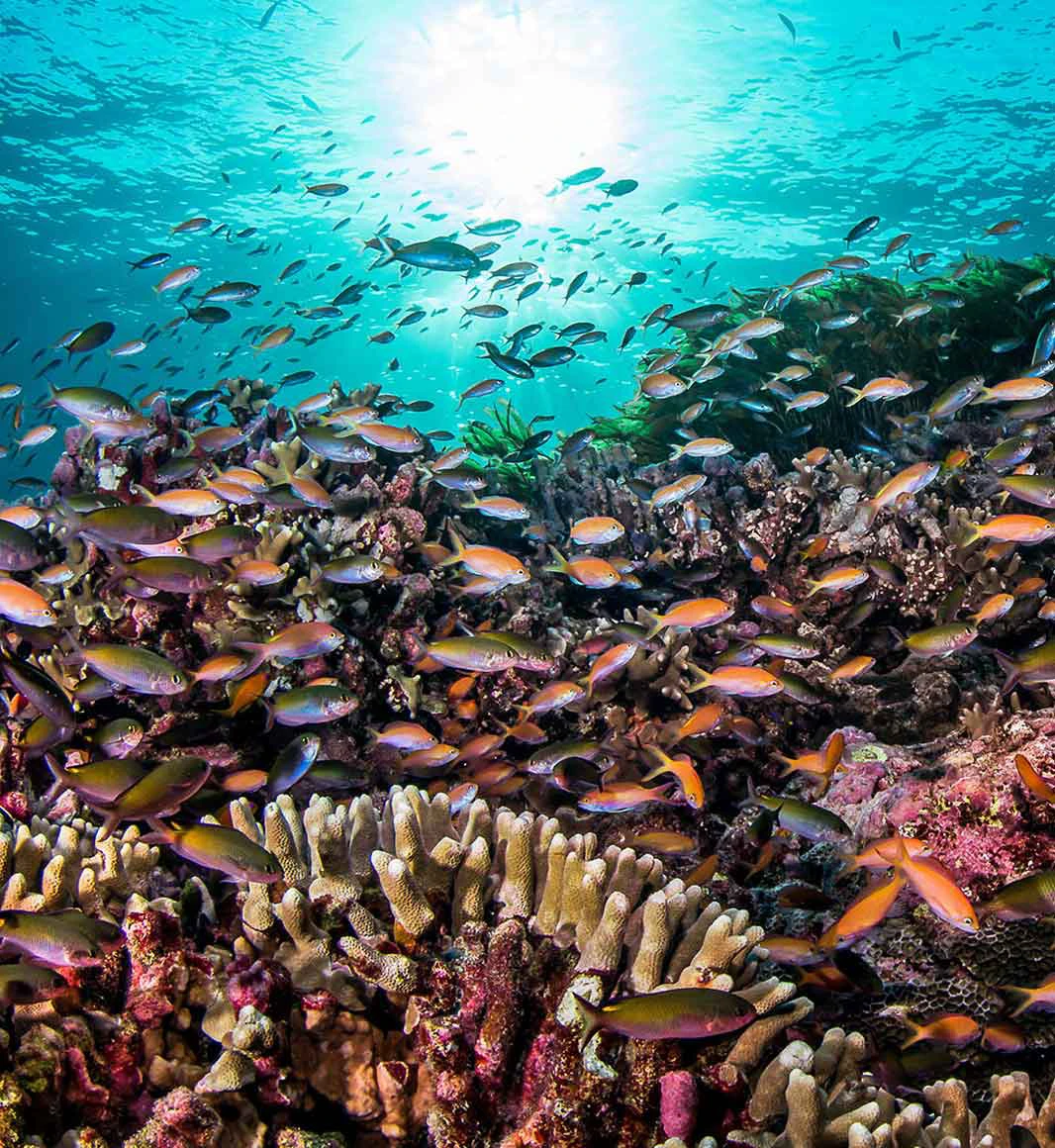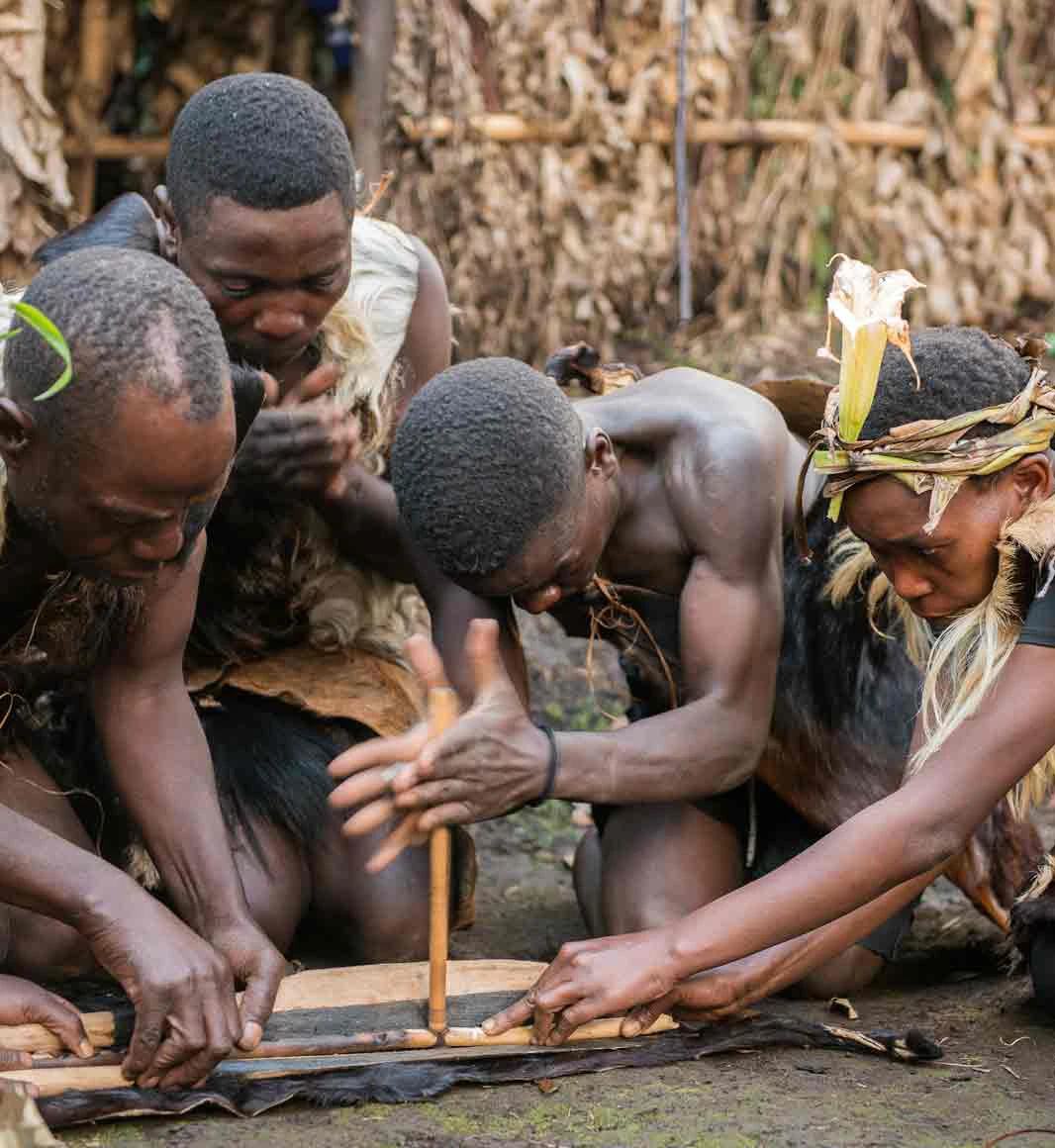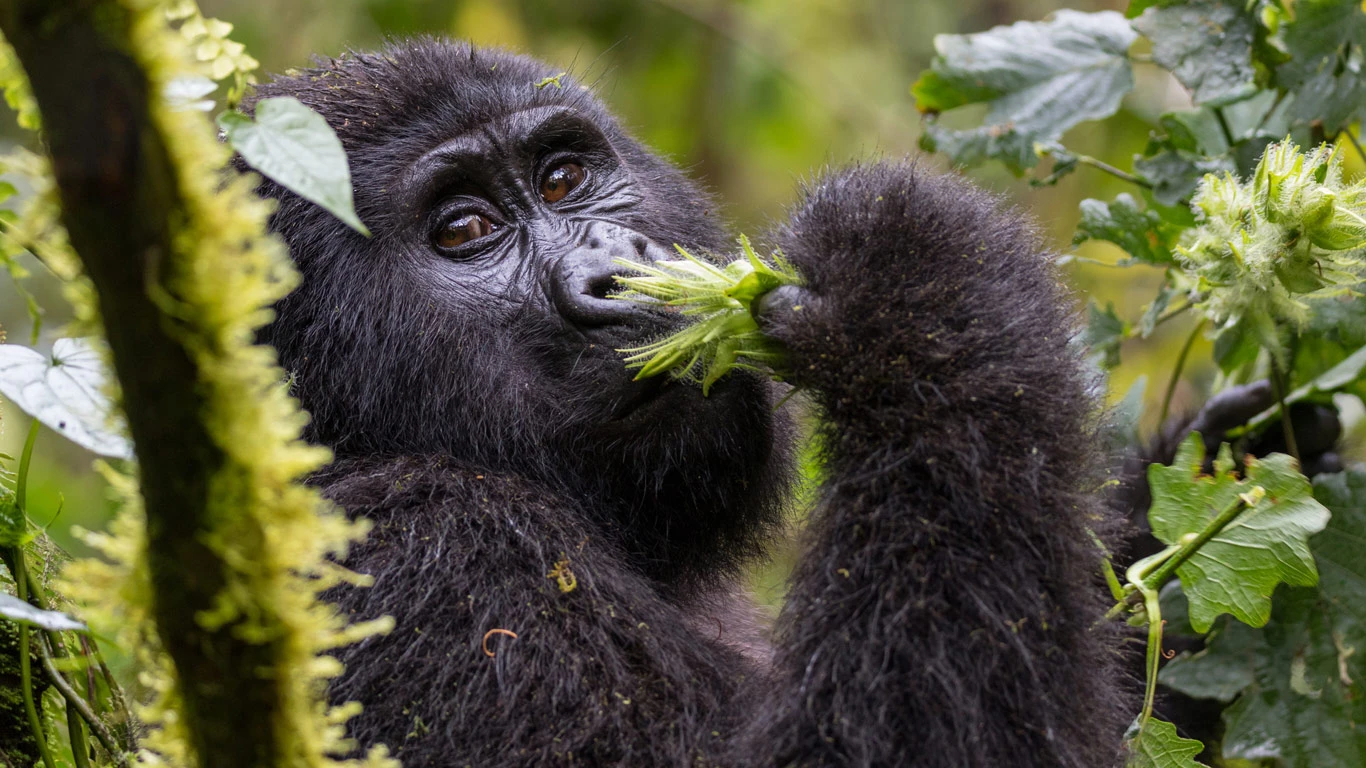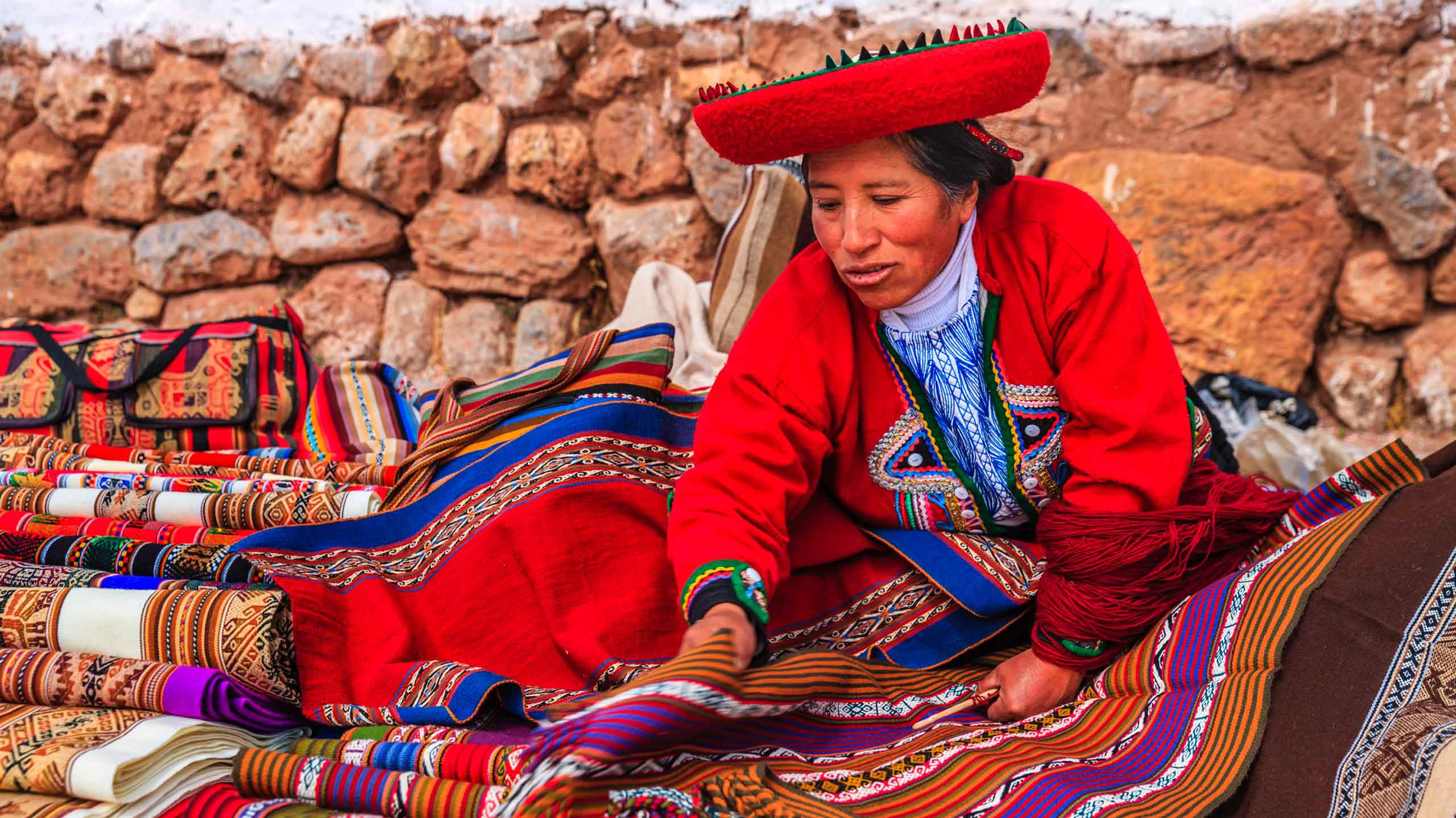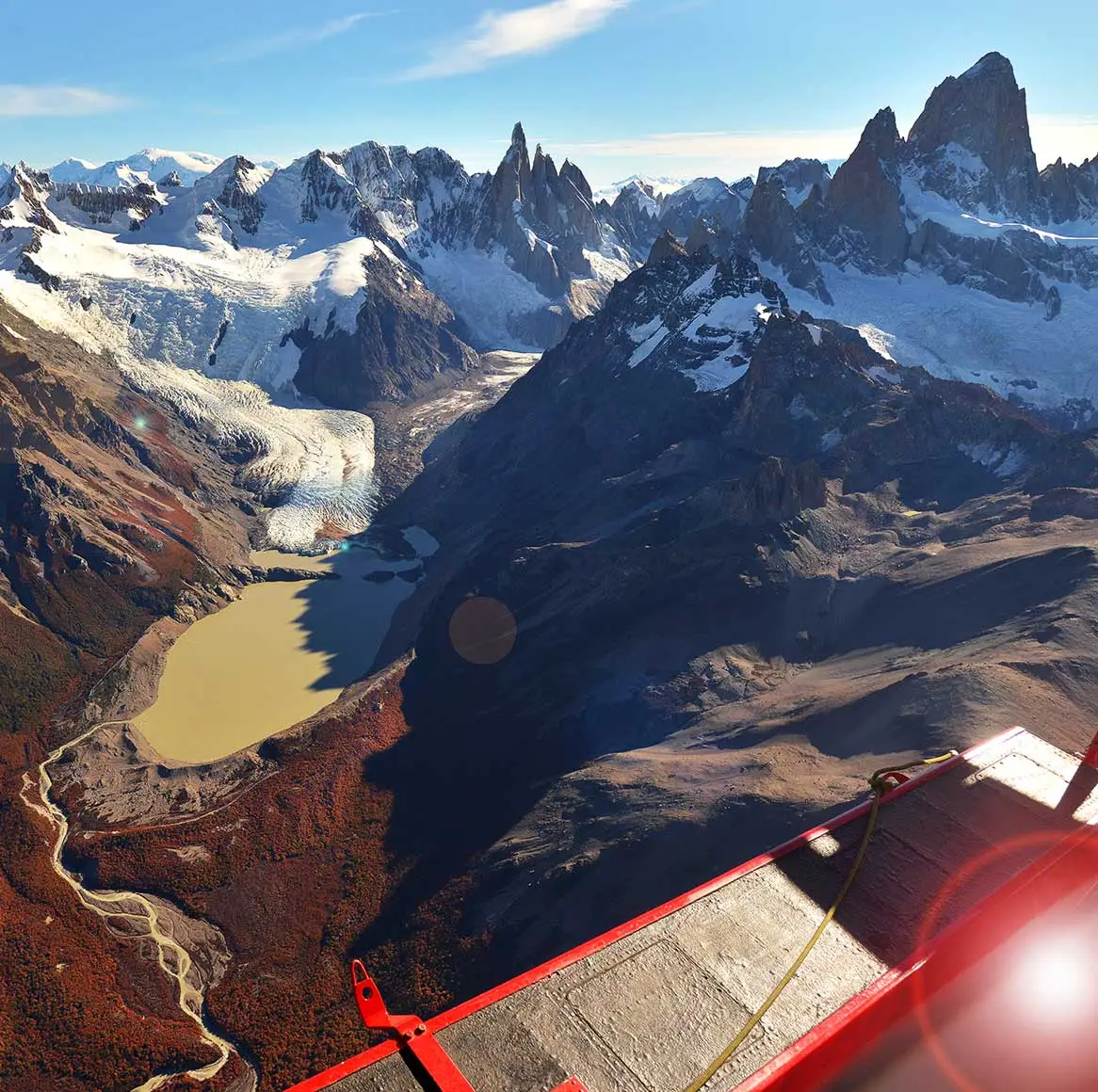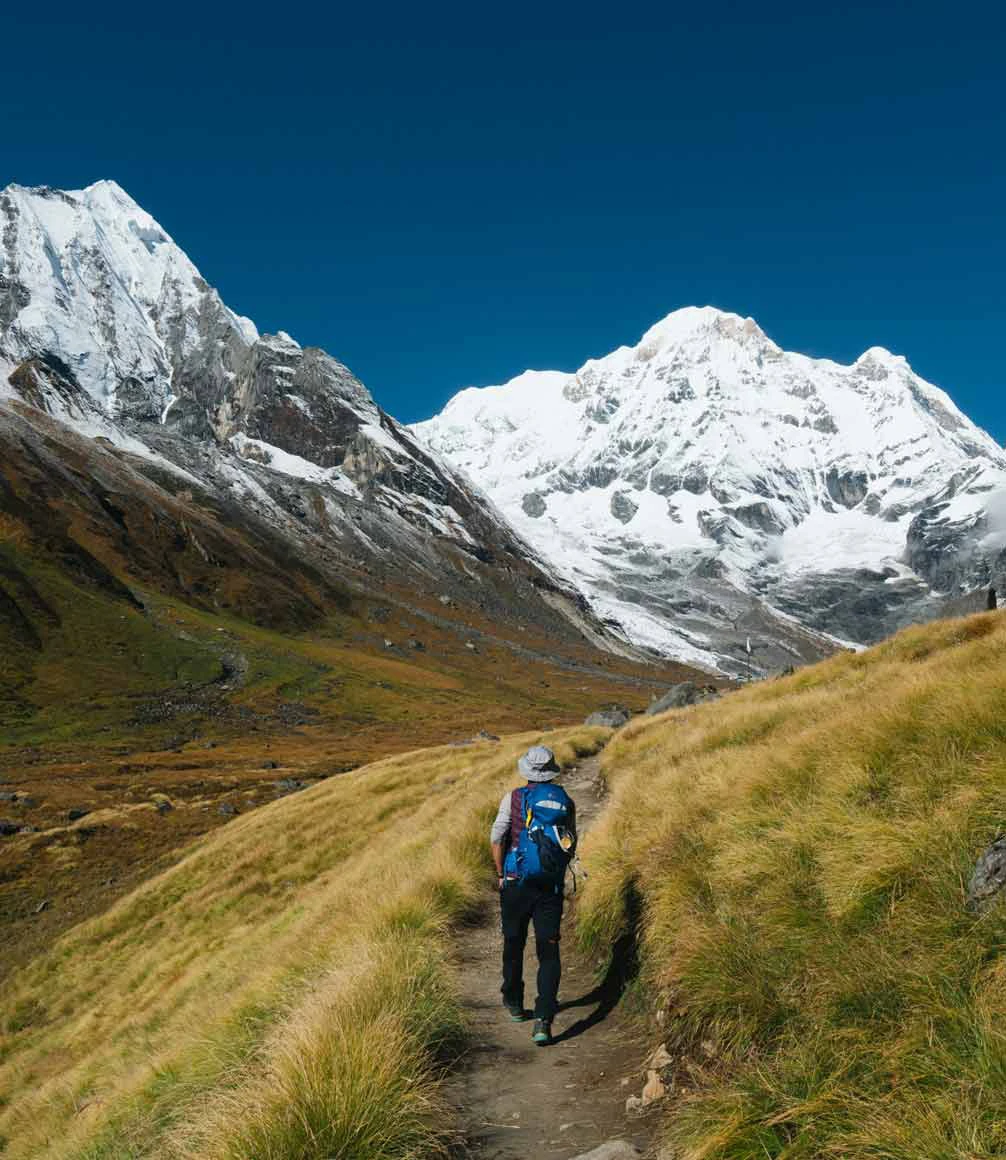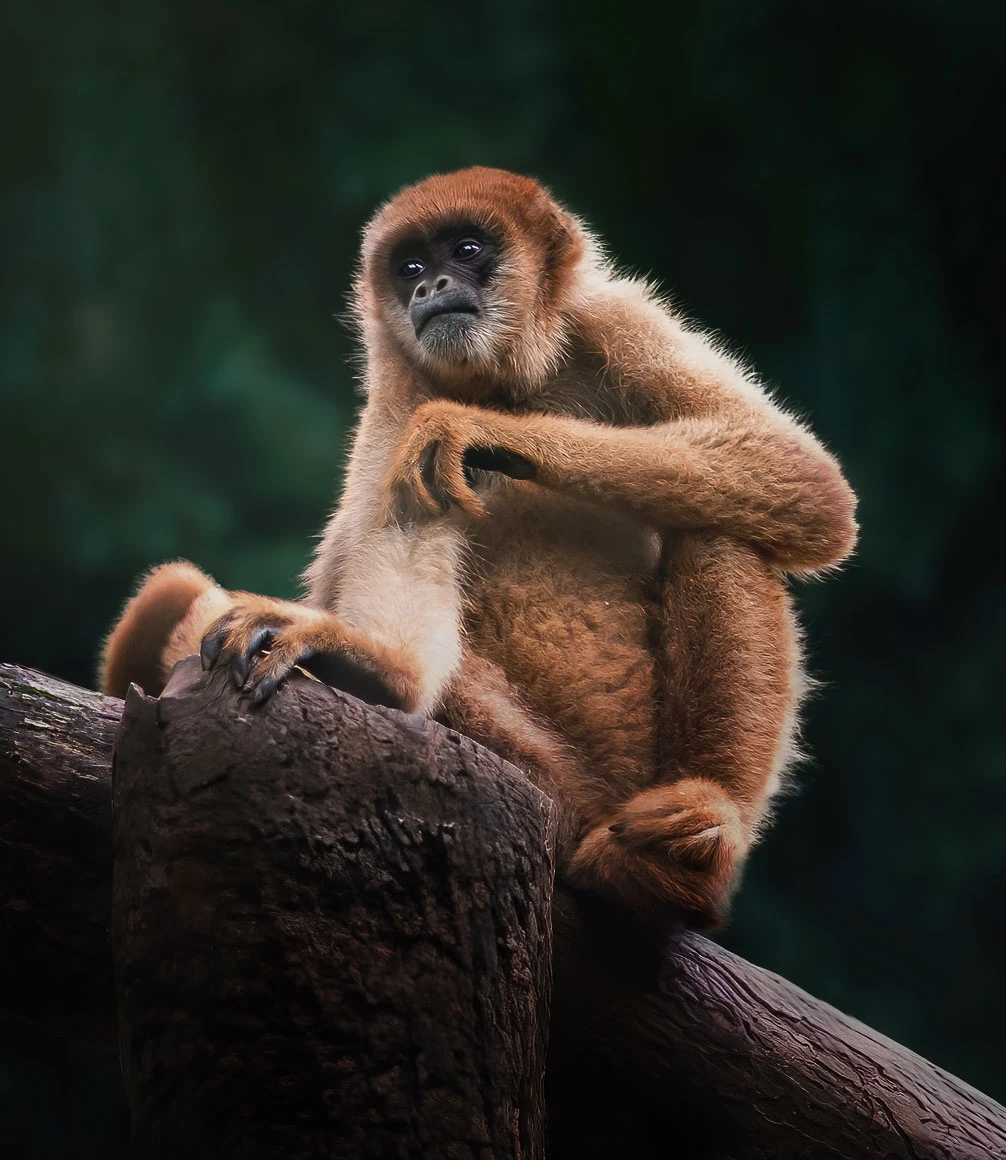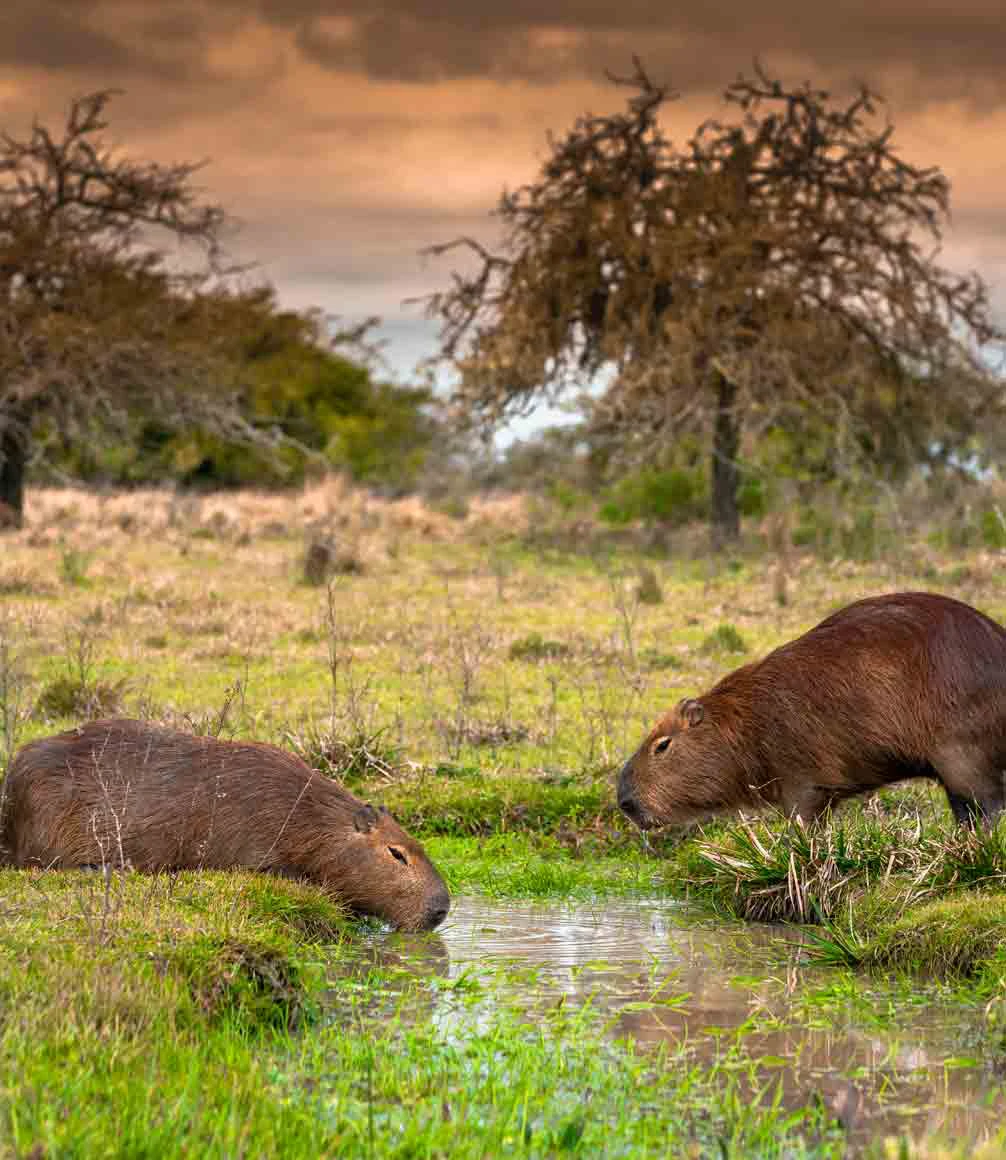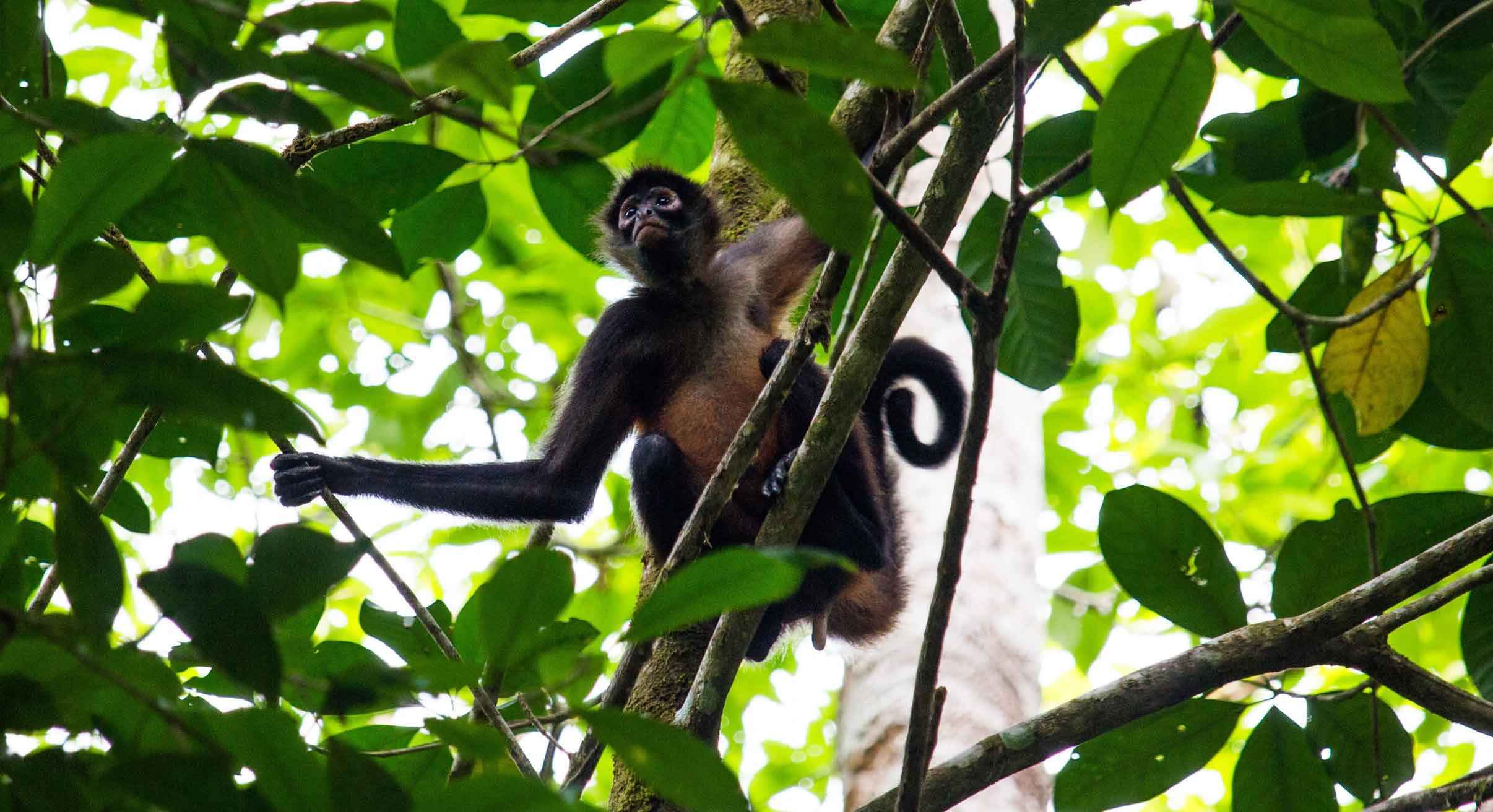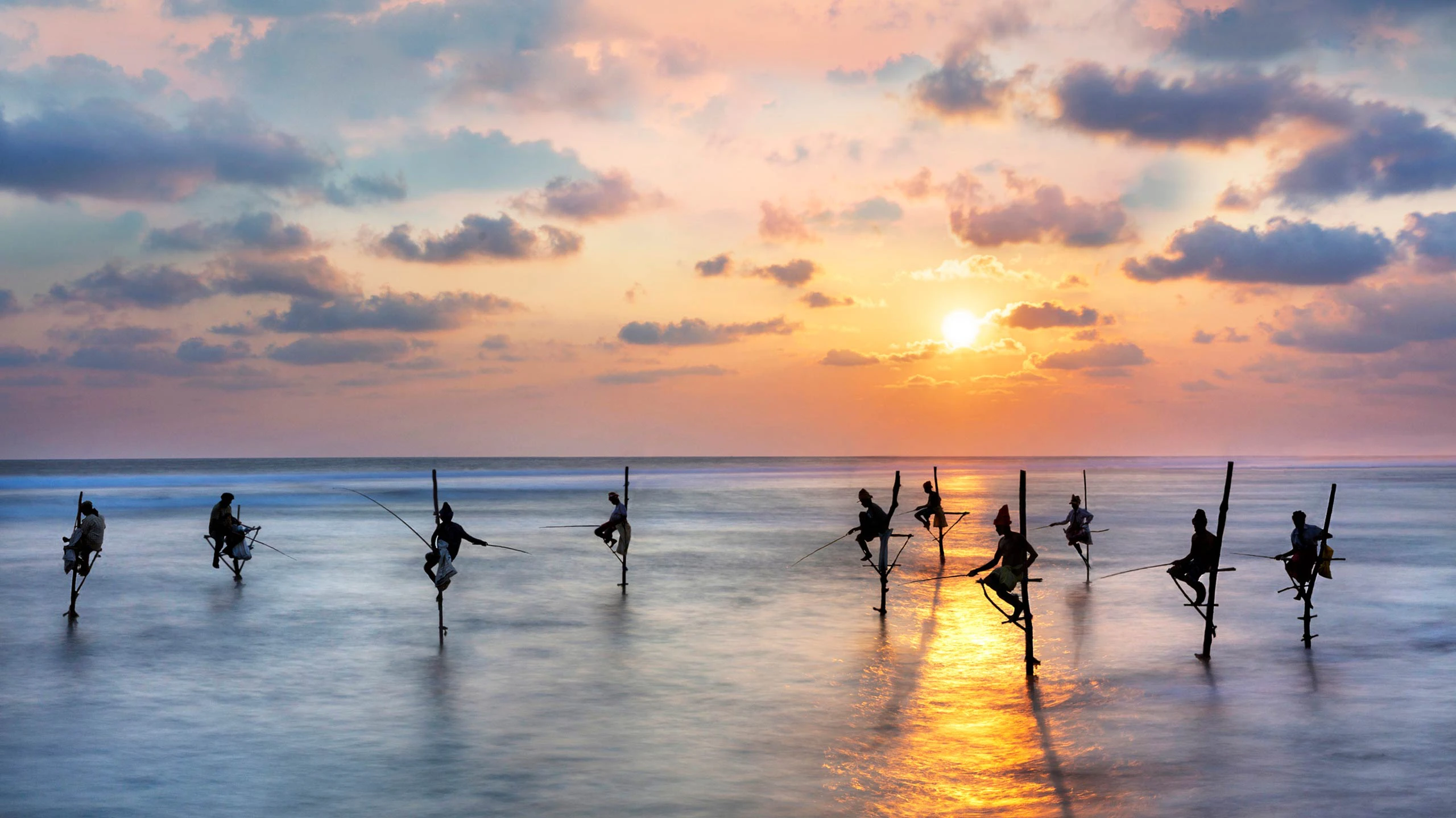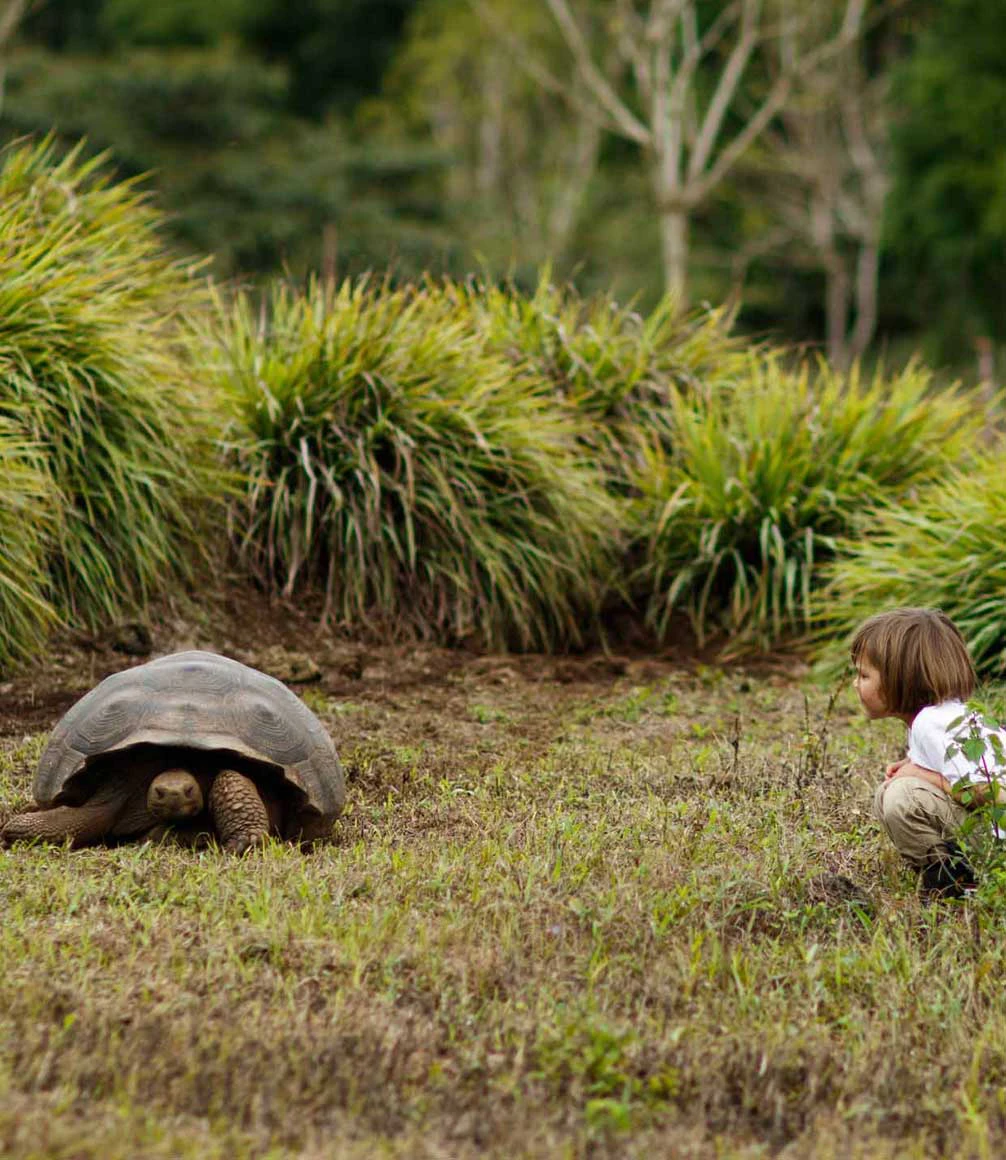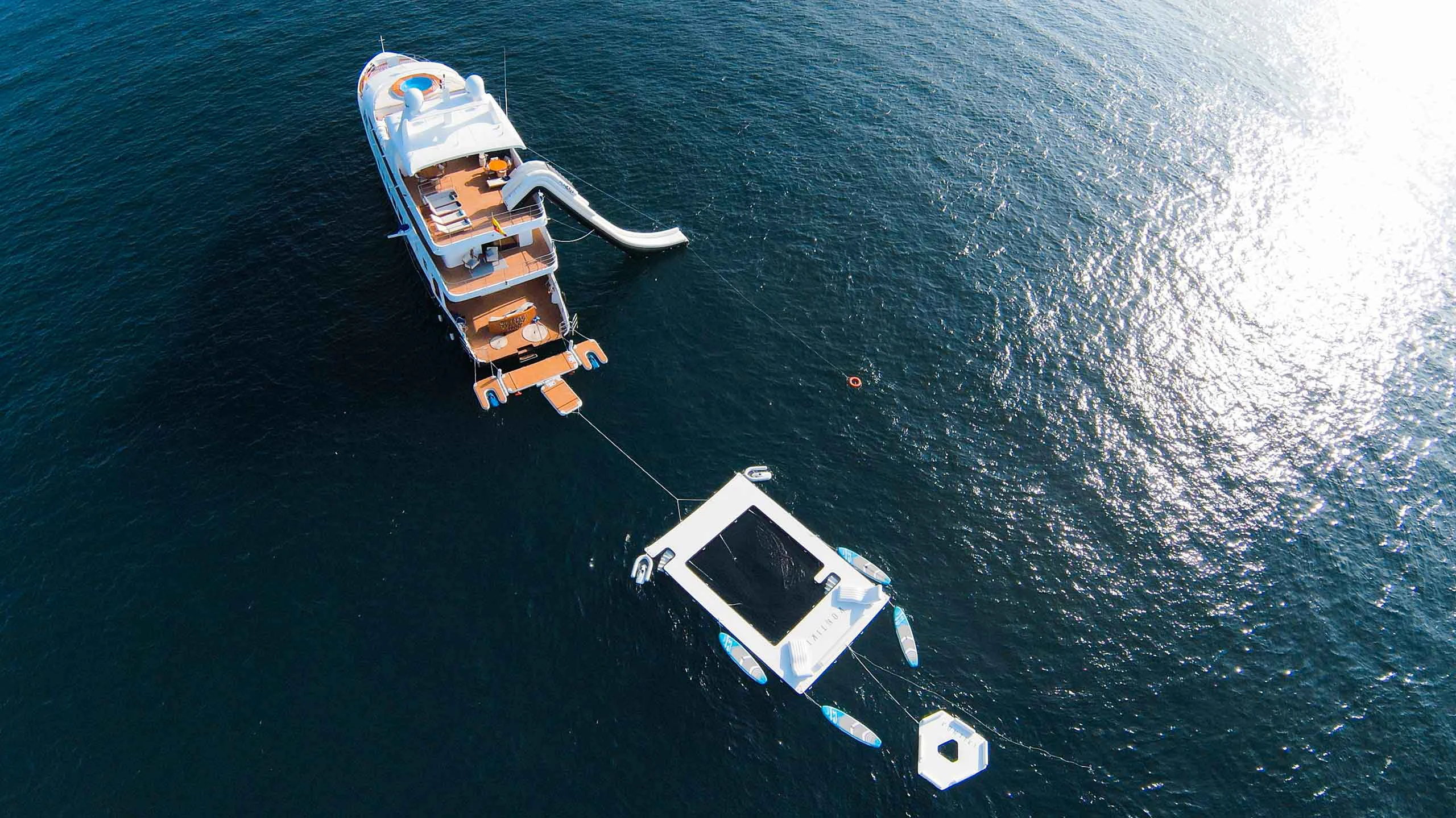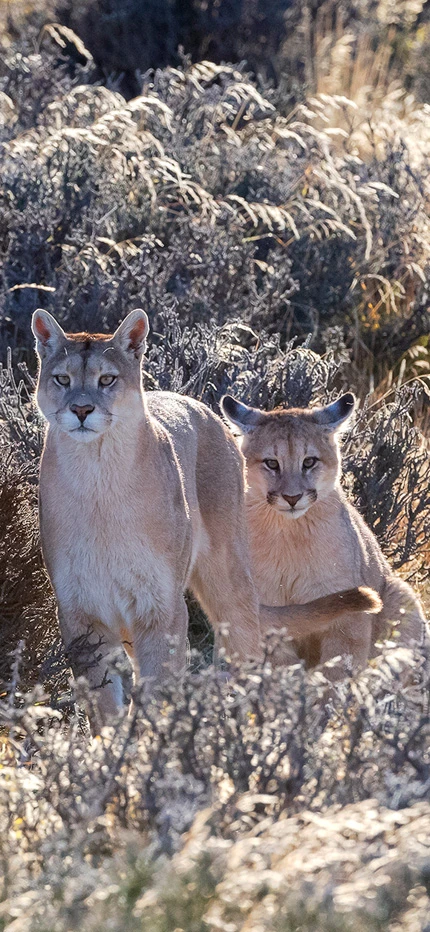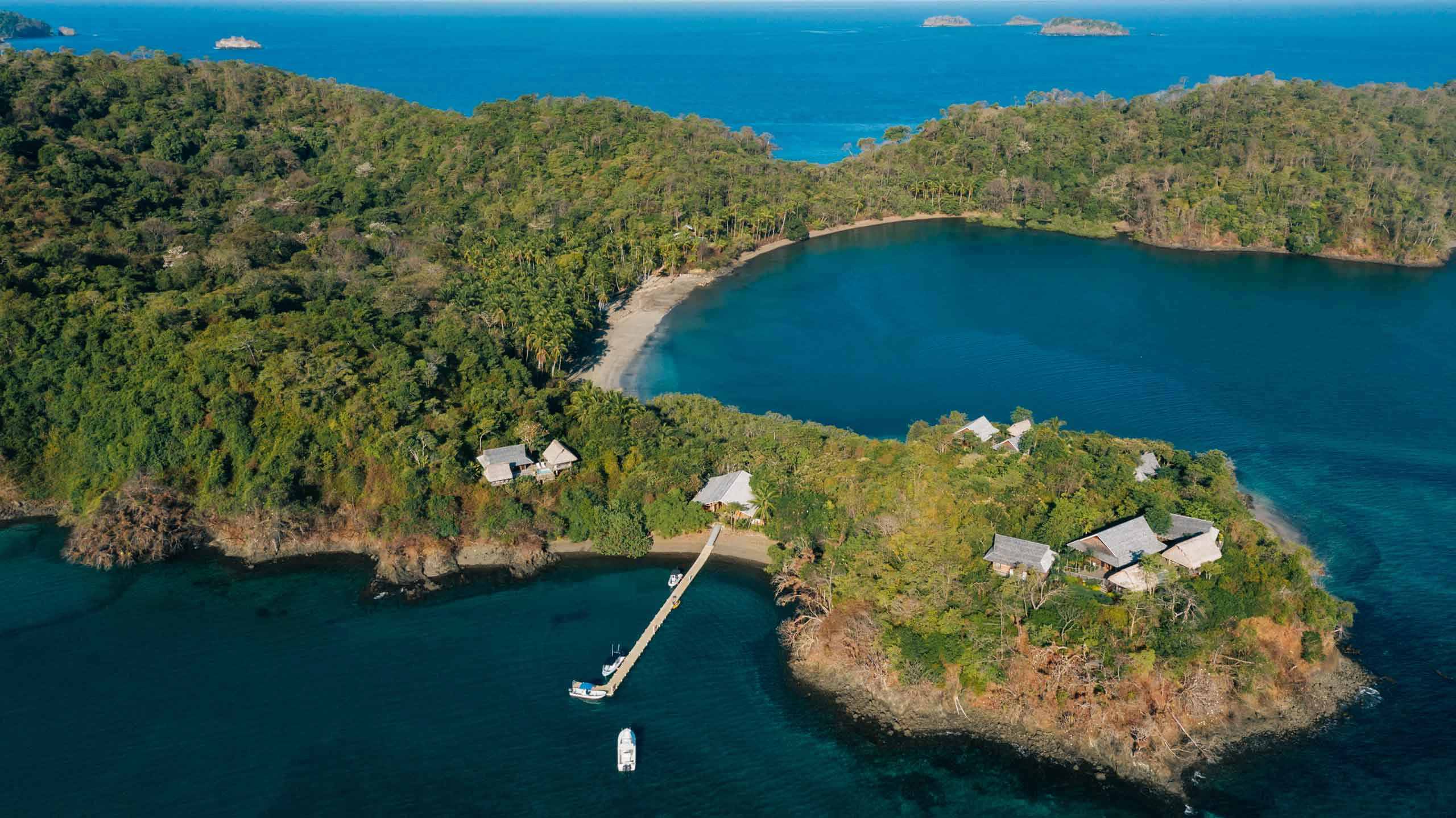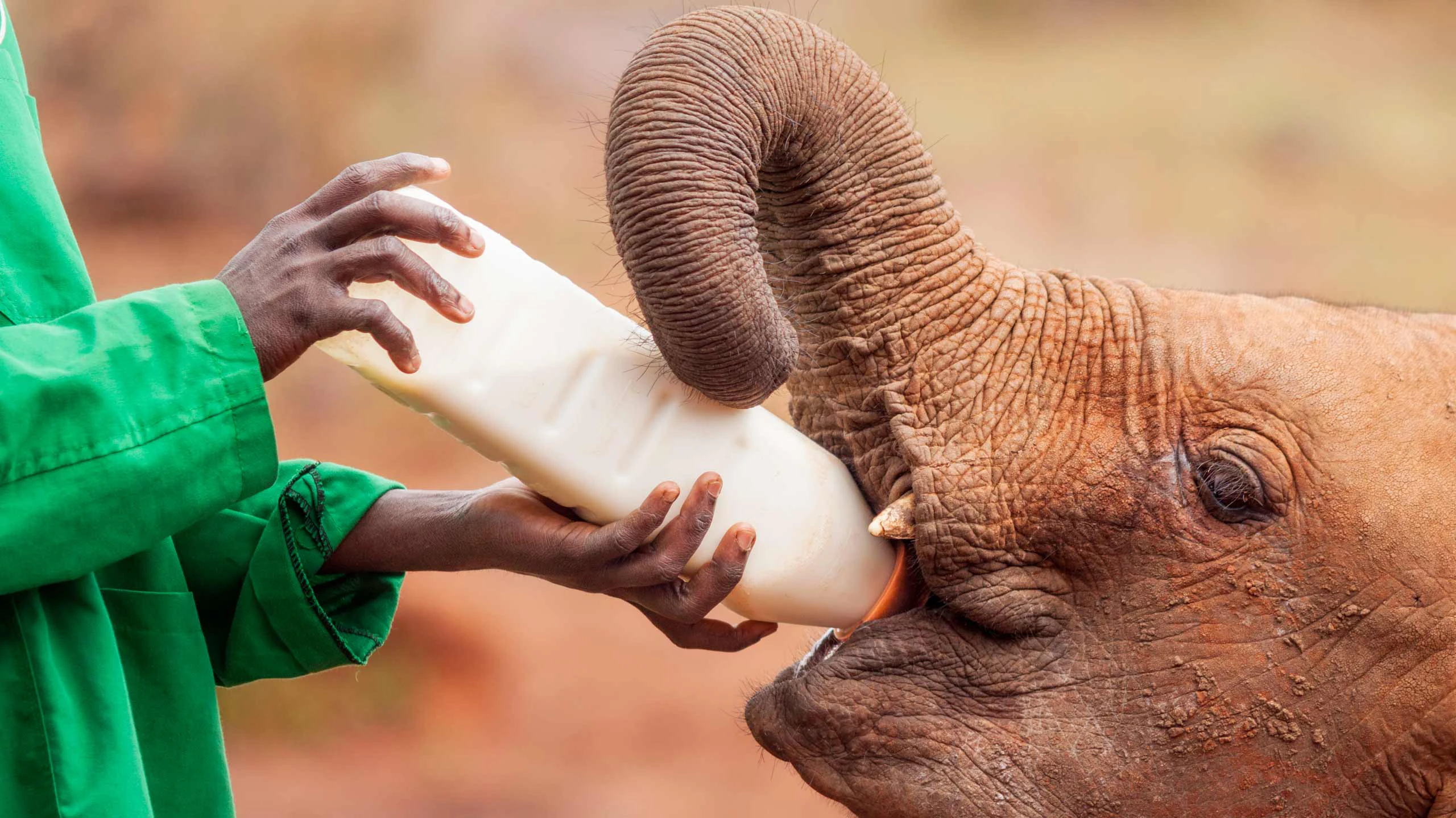
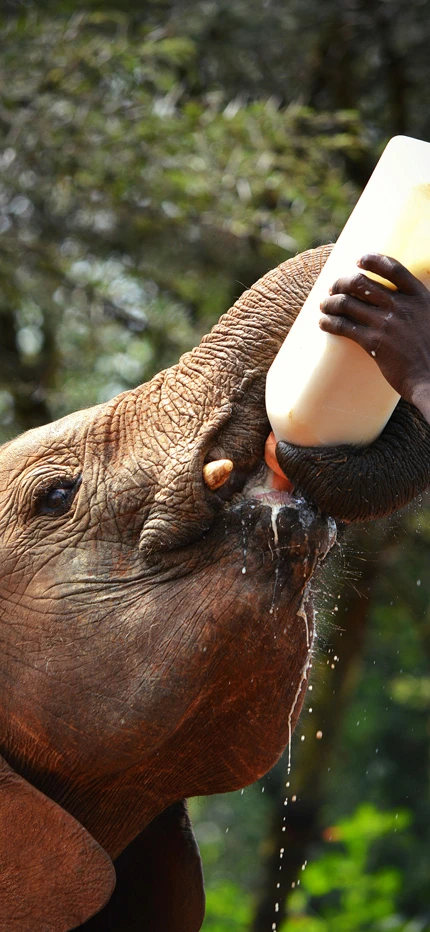
Conservation & Philanthropic Travel
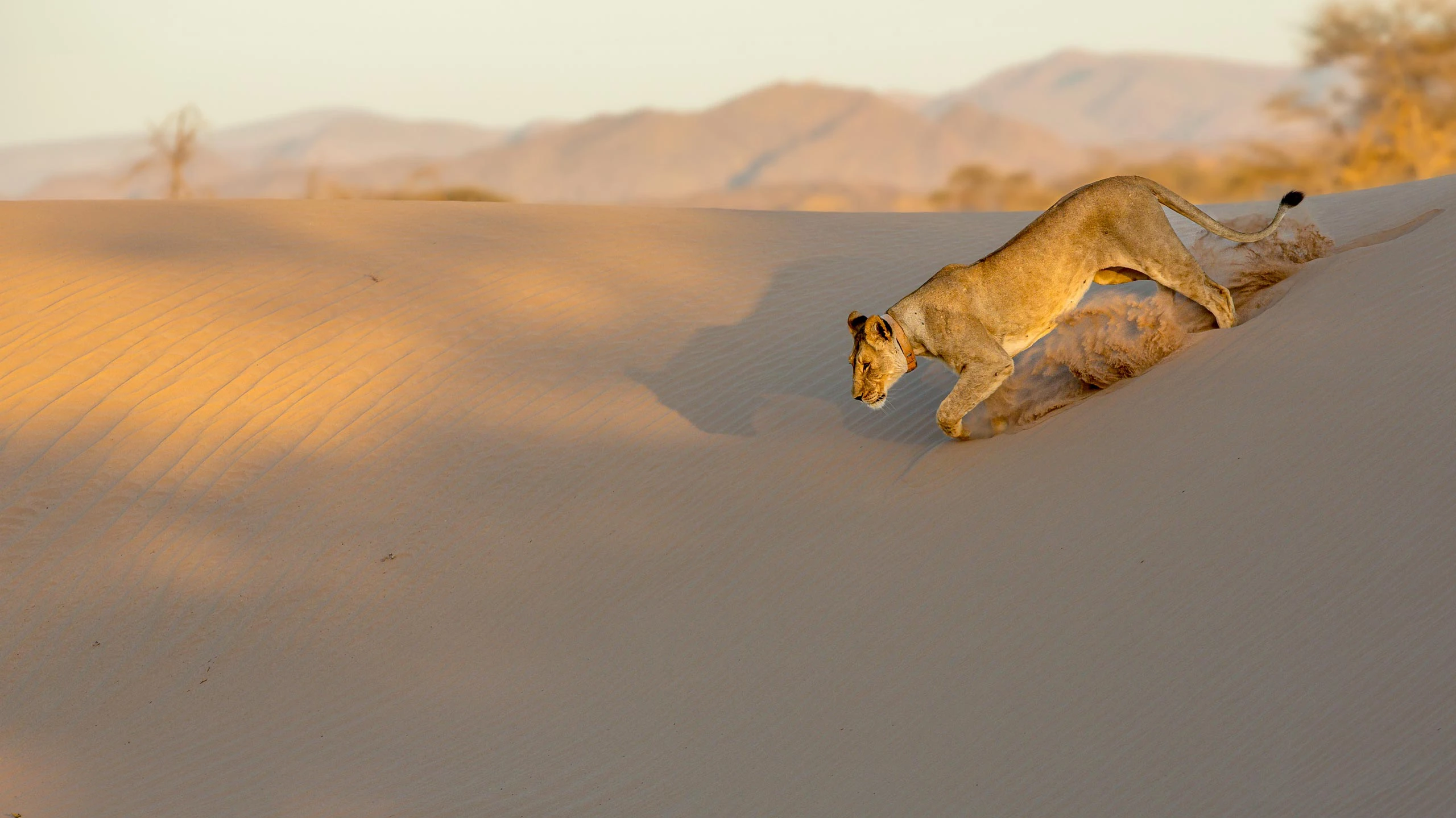
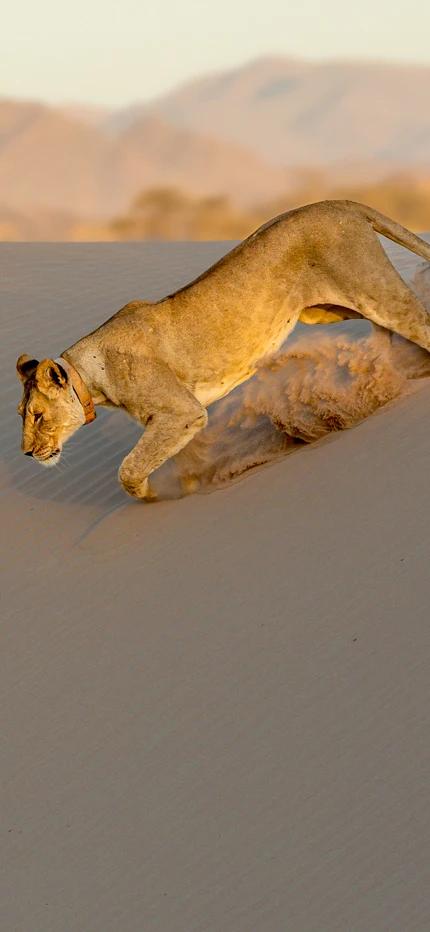
Conservation & Philanthropic Travel
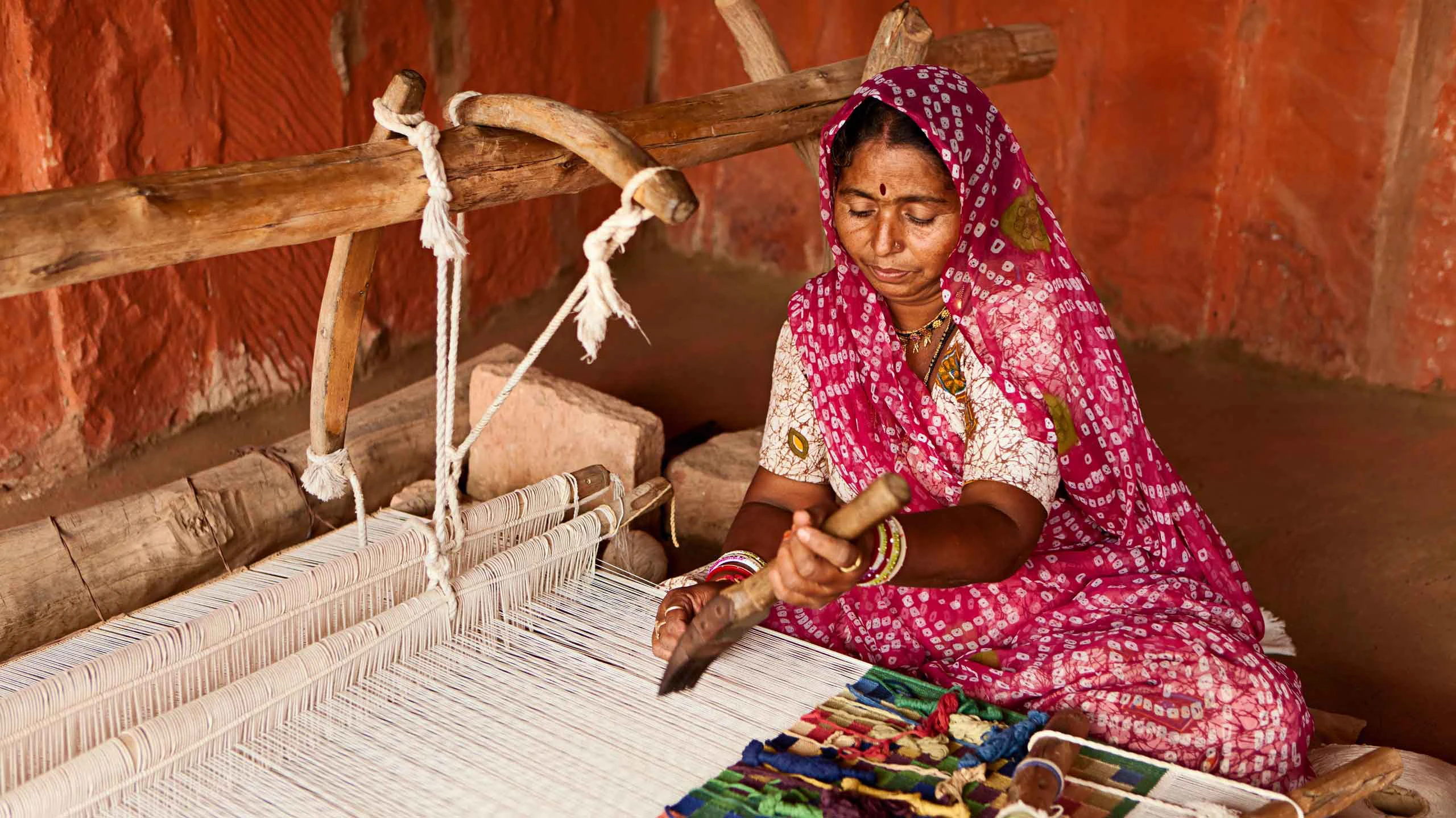

Conservation & Philanthropic Travel
Conservation and Philanthropic Holidays & Tours
Philanthropic travel is very close to our hearts at Explorations Company. Our community and conservation focused trips allow our guests to engage with and support meaningful high-quality environmental and social regeneration projects while travelling. Join us in making travel a force for positive change.
While all our journeys are designed to benefit local communities and environments, our conservation and philanthropic journeys cater specifically to those with an overt interest in supporting high-quality conservation and social regeneration projects. Through our local partner foundations, we have supported projects as diverse as creating sand dams in Kenya, funding scientific projects working to protect Namibia’s desert lions, and sponsoring a school programme for slum children in Mumbai.
Ready to take the road less travelled?
"Our conservation and philanthropic journeys cater specifically to those with an overt interest in supporting high-quality conservation and social regeneration projects."
If you can experience first-hand how a project is changing lives and environments for the better, while at the same time experiencing the rarest of adventures, we believe you’re more likely to engage with and support that project. With Explorations Company, you can participate in the release of a jaguar back into the wilds of northern Argentina, bring much-needed medical supplies to a remote village community in Tanzania and sponsor an educational outreach programme in the mountains of Nepal.
Meeting social entrepreneurs, conservationists and the teams tackling some of humanity’s toughest challenges, you’ll learn about their work, and meet the people and environments they’re supporting. The world today faces challenges of growing and unprecedented magnitude and complexity. The good news is that your support can help reverse these trends and help protect and regenerate the world’s most at-risk ecosystems and communities.
Ready to take the road less travelled?
Conservation & Philanthropic Experiences
Experience luxury travel with purpose through our conservation and philanthropic experiences. Support wildlife protection, community development, and environmental sustainability while exploring the world’s most beautiful destinations. Travel that makes a difference.
Ready to take the road less travelled?
